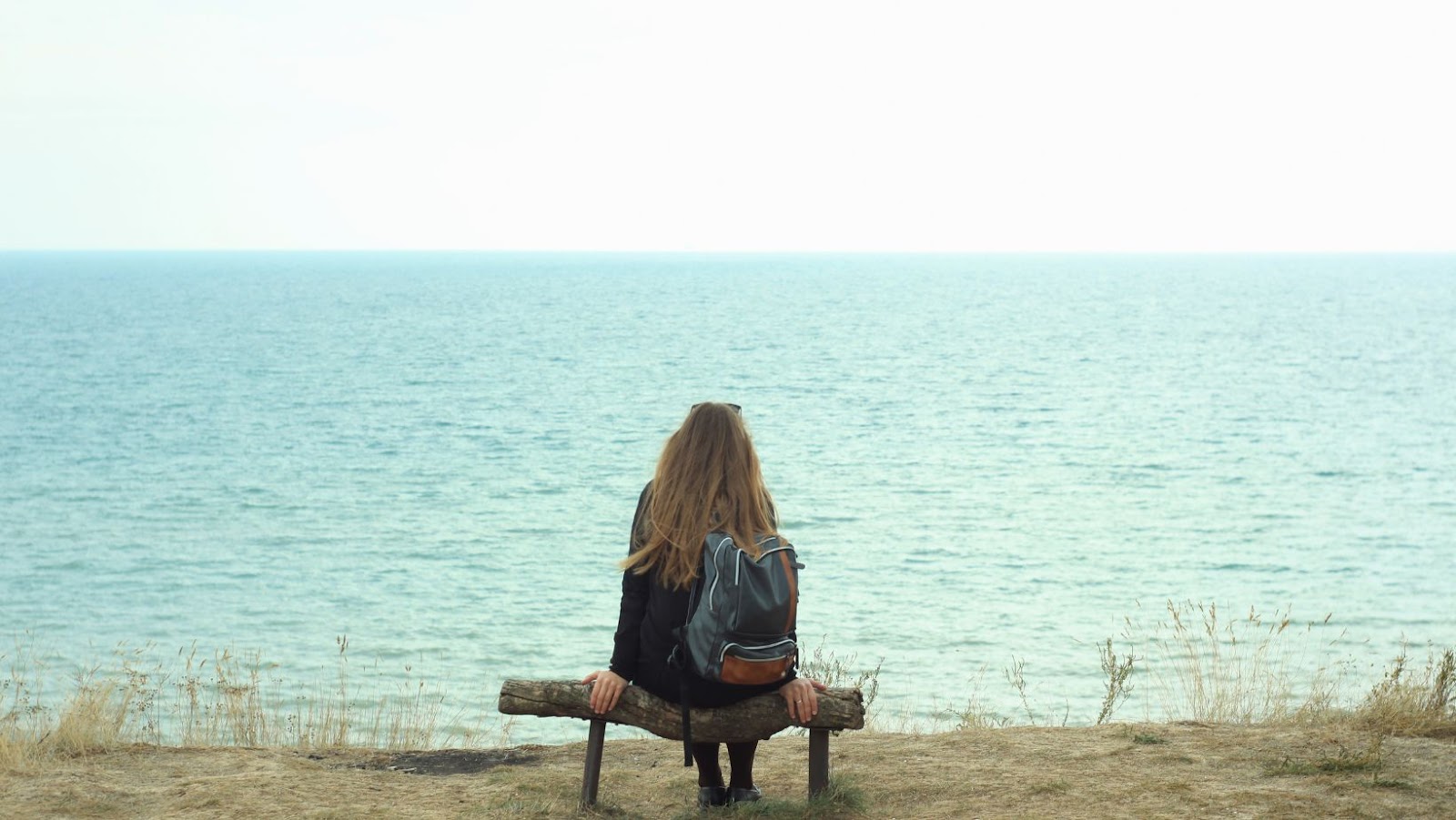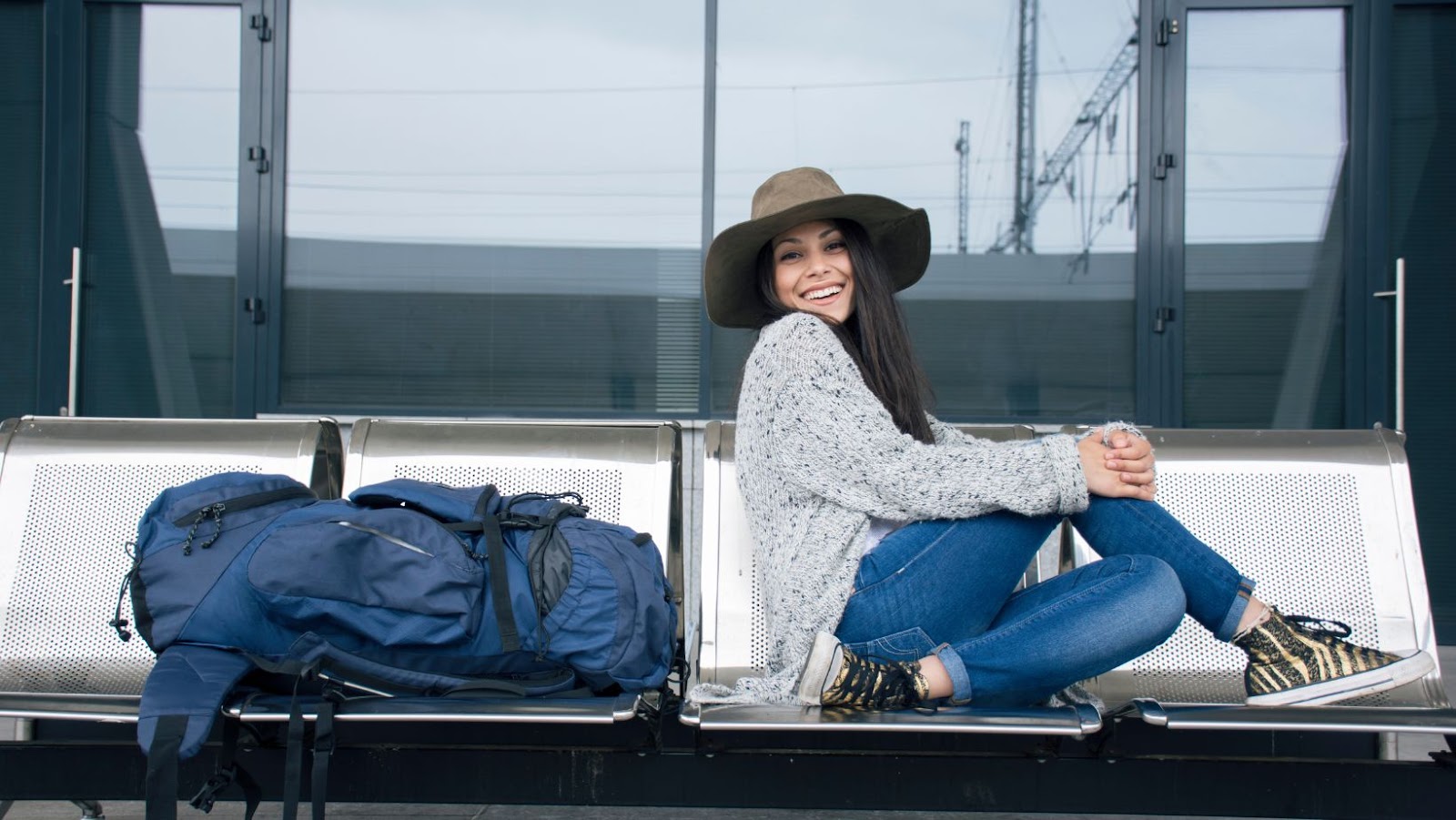Going on your first solo vacation can be an exciting experience – especially if you’re the type of person who loves to explore new places and meet new people. But before you go, there are a few things you need to think about. In this article, we’ll outline five key things to keep in mind as you plan your trip. So read on and prepare for the adventure of a lifetime!
Preparation
If you’re thinking about taking your first vacation alone, there are a few things you should consider before booking your trip. When planning your solo trip, make sure to research different destinations and decide on what interests you. Do some online research to get an idea of what’s available in each area and which attractions would be best for you.
Once you have a few ideas, start building out your itinerary. Think about where you’d like to stay and what type of activities or tours would fit your interests. Remember to account for prices and availability – it’s important to do your research so that you don’t end up spending more than you expected on food or transportation. Finally, pack lightly! If possible, try to avoid bringing along any heavy items like suitcases or electronics. Instead, pack light clothes and accessories that can be easily replaced if lost or damaged during your trip. These tips will help make planning your first solo vacation easy and enjoyable – just remember to enjoy the process!
Traveling
When you’re traveling for the first time alone, there are a few things to keep in mind. Make sure you have all the necessary documents, be aware of your surroundings and plan your itinerary wisely so you don’t get lost. Here are some tips to help make your trip go smoother:
- Research the area you’re visiting before you leave. Know what attractions and restaurants are close by and research online resources like TripAdvisor or Lonely Planet for more specific information. This will help reduce any stress or anxiety that may come with being on vacation by yourself.
- Have a plan – even if it’s just an outline – for where you’ll be each day and what activities each location will offer. This way, if something unexpected comes up (like being stranded without transportation), you won’t feel as lost or panicked.
- Carry a passport, driver’s license, and other essential documents with you at all times in case of emergency. And always remember to lock your luggage when leaving it unattended – not only will this make your trip safer, but it also prevents unwanted guests from making off with your belongings!
- Be prepared for anything – weather conditions can change quickly in different parts of the world, so pack extra clothes and toiletries just in case! And if something does go wrong while on your trip, know where to find local authorities and how to get back home should that be necessary.
If you’re a nervous flyer, consider taking an opt-for-flight course. These courses teach you how to fly in controlled environments, so you can relax and enjoy your vacation. You’ll also get tips on avoiding common flight anxiety triggers.

Some benefits of opting for a flight course include:
• decreased anxiety during flights
• increased confidence when flying
• better understanding of why you’re afraid to fly
If you’re a nervous flyer, opt for a fear of flying course. Flying is an amazing way to see the world, but it’s also one of the most dangerous activities you can do. A fear of flying course will teach you how to handle anxiety before your trip, and help you cope with any fears during your flight. You’ll also learn about some dos and don’ts when traveling by plane. If you’re a nervous flyer, it’s important to opt for the fear of flying course before your first vacation. These courses help teach you how to relax and manage your anxiety while traveling. You’ll also learn about common triggers and coping mechanisms, which will allow you to fly more comfortably and safely.
Water Sports To Try
If you’re planning your first solo vacation and have never taken water sports before, there are a few things to keep in mind. First of all, make sure that you’re aware of the local regulations. In some locations, like lakes and rivers, only boaters with a valid safety certification can sail or row. Additionally, be sure to read the safety instructions carefully before getting out on the water. And finally, always wear a life jacket! If you’re planning your first vacation alone, there are a few things you should consider before packing your bags. Here are some water sports to try:
- Kayaking: Kayaking is a great way to get some exercise and see beautiful views while you’re at it. You can explore lakes, rivers, and even the sea on your kayak.
- Swimming: Swimming is another great activity to do if you’re new to traveling solo. You don’t have to worry about bumping into other tourists – just take your time and enjoy the view.
- Paddleboarding: Paddleboarding is a unique water sport that involves riding on a river paddle board on the surface of a body of water. It’s great for those who want to get out on the water but don’t want to get wet all the time.
- Diving: Diving is another great way to see aquatic wildlife up close without getting wet. You can find reefs, wrecks, and other interesting sites while diving.
Money
If you’re planning on traveling solo for the first time, there are a few things you’ll want to think about. Here are five tips to help make your trip go smoother:
- Get a travel insurance policy. This is especially important if you’re not used to traveling alone. Without coverage, you could end up with a big bill if something goes wrong while you’re away.
- Make a budget. Before you leave, figure out how much money you’ll need for food, transportation, and other expenses while you’re away. This will help keep your spending under control and prevent any unpleasant surprises when you get home.
- Book your flights and accommodations early. The earlier in the year, you book your trip, the better chance you have of getting good deals. And if possible, try to find packages that include airfare and a hotel room together so that everything is taken care of once you arrive at your destination…
- Keep in mind that sometimes hotels offer lower rates at certain times of year (like during high season), so it’s worth checking ahead.
- Consider using Airbnb or another short-term rental service when booking accommodations if budget is an issue. These services can be cheaper than traditional hotels and often come with more amenities (like free parking).
Friends and Family
If you’re considering traveling solo for the first time, here are some things to keep in mind:
- Research your destination. Isolated areas can be dangerous if you don’t know what to look for. Make sure to speak with locals and read up on the safe spots in your desired destination before departing.
- Pack appropriately. Make sure you have enough clothes and toiletries to last you a few days, as well as any other necessary supplies like maps or phone chargers.
- Be aware of your surroundings. If something feels strange or out of place, don’t hesitate to head back home. Trust your gut and never hesitate to call someone if something doesn’t feel right.
- Take care of yourself. If something happens while you’re away, make sure to contact friends and family members who can come help get you back home safely.
The Weather

If you’re planning your first vacation alone, there are a few things to consider. Here are four tips to make your trip go smoothly:
- Research the destination. Before you go, do some research on the location you’re visiting. This will help you choose which attractions and activities interest you and make sure that they’re still open during your stay.
- Get organized. Before you leave, be sure to pack all of your necessary belongings, including copies of your passport and visa if required for the country you’ll be visiting. Also, bring a travel insurance policy in case something goes wrong while you’re away.
- Make a plan. Once you’ve arrived at your destination, take some time to wander around and get a feel for the place. Make a plan of what you want to see and do before settling down for the day or night. This way, everything will run more smoothly when it comes to scheduling activities.
- Stick to schedules. When planning your itinerary, keep in mind that tourist spots usually operate on specific schedules – don’t try to fit in too many things at once! Try to stick to these times so that you don’t miss any major events or attractions due to timing conflicts


 By
By 



